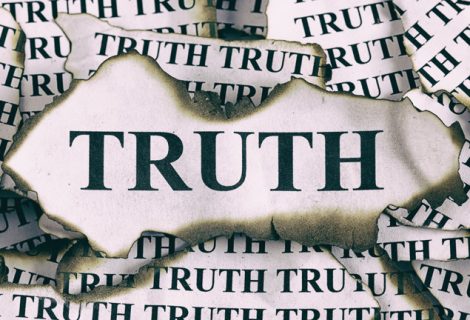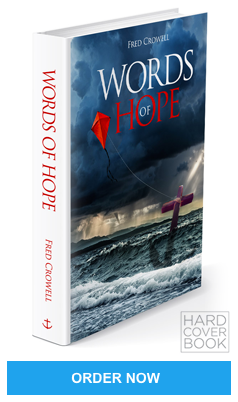Words of Hope: The Importance of Pain
One of the gifts my dad gave me was curiosity and the discipline to seek out the “why” of life. My dad understood the need for curiosity around complex issues and topics such as suffering and pain. He explored these his whole life.
With pain, he had to relearn so much of what he was taught. A slogan at NBC Camps coming out of this relearning was “Ouch, pain produces change!”
Pain is something all of us want to avoid, yet pain avoidance like conflict avoidance leads to more pain in the long run.
Dad loved to start at the beginning. He would seek to know and learn from pain.
For many years as a child and then D1 coach he felt pain was an obstacle, something to avoid or push through.
“What is pain?” may seem like a straightforward question. For many years, pain was described as a physical sensation that we experience in our bodies resulting from injury or trauma to the body. Researchers have found that pain isn’t quite so easy to explain. One reason is that pain is unique to every individual and registers in the brain uniquely. Someone can experience the exact same physical trauma but experience pain very differently. Some may not even have a physical wound but be in excruciating pain resulting from emotional or generational trauma.
The word pain is a compilation of the French word meaning “the agony of Christ and intense suffering,” and the Latin word meaning penalty. If Dad were alive, we would have a beautiful conversation about the combination of Christ’s agony and the word penalty. What insights do you find thinking of these two?
Pain is the result of emotional, spiritual, relational, mental, behavioral, and generational factors or situations.
Dad deeply believed his cancer was a result of unresolved emotion. Emotional pain registers in the body as a physical pain. For example, those who experience a deep relational hurt or insult often describe the pain like a “knife to the heart.” The body registers a deep physical pain as if it were a physical wound.
The Mayo Clinic reports higher levels of heart attack with relational bitterness, higher levels of pancreatic cancer in people with fear and anxiety, and many other diseases connected to genetic trauma and histories of emotional pain.
My dad had to learn the hard way that pain is an important teacher and not something to merely plow through or ignore.
Pain is a gift from the body warning us that something is wrong. Disregarding pain can lead to greater injury. On the other hand, over focusing on pain can lead to excessive self-protection and inertia. Pain can cause us to be afraid or paralyzed when we should act. For example, researchers have found that rebounding from a traumatic injury is important to bring the mind and spirit back to healing. Surfer Bethany Hamilton, who lost her arm during a shark attack, focused on how to get back into the water. She resolved not to let the pain of her traumatic experience stop her from surfing. If we are stuck in our trauma, we can experience significant debilitating emotions that keep us from living life.
Here are some questions Dad and I would have asked in a lovely conversation about pain.
What is a painful time of life that later became a blessing in hindsight?
What is a pain you ignored that you wish you had listened to?
Do you tend to quit if you feel pain and in what areas? What does quitting tell you? Is perseverance a better choice?
How does pain bring you closer to Christ and how does it move you away?
What lessons are you learning from the painful times in your life?
“You keep track of all my sorrows. You have collected all my tears in your bottle. You have recorded each one in your book.” – Psalm 56:8








